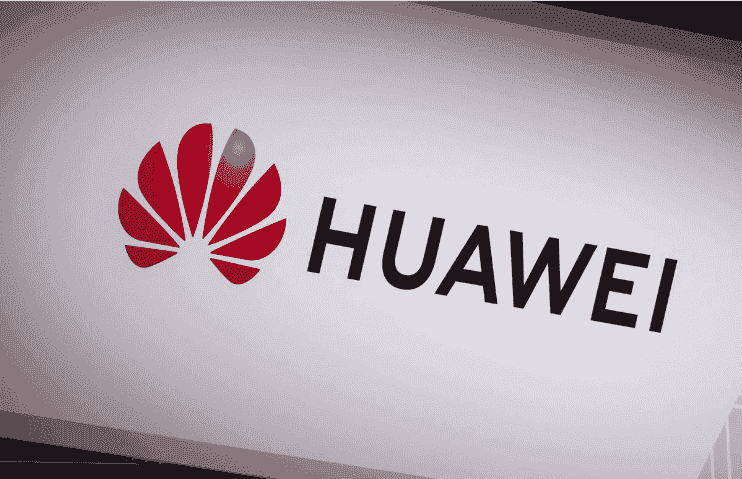
The Biden administration has prevented the majority of American shipments to Huawei from obtaining permits.
Huawei has been subject to U.S. export prohibitions on 5G and other technologies for a number of years, but the U.S. Department of Commerce has granted permits to some American companies to sell Huawei certain goods and technologies.
US Stops Granting Licenses To Huawei
Qualcomm Inc. was permitted to sell 4G smartphone chips to Huawei in 2020. A representative for the Department of Commerce stated that authorities continuously evaluate our laws and regulations but declined to comment on discussions with specific corporations.
According to a source with knowledge of the situation, U.S. officials are developing a new legal policy prohibiting the shipment of things below the 5G level to Huawei, including 4G items, Wifi 6 and 7, artificial intelligence, high-performance computing, and cloud items.
The move is expected to mirror the Biden administration’s tightening stance on Huawei during the past year, according to a second source. An individual stated that licenses for 4G chips that could not be used for 5g, which could have been issued earlier, were being denied.
At the end of the Trump administration and the beginning of the Biden administration, licenses for 4G-specific devices were still being issued.
In 2019, American officials placed Huawei on a trade blacklist, preventing the majority of U.S. suppliers from exporting goods and technology to the corporation unless granted licenses.
Officials continued to restrict Huawei’s ability to acquire or design the semiconductor chips that power the vast majority of its products.
However, U.S. regulators granted Huawei permits to acquire some products. For instance, Huawei’s suppliers received licenses worth $61 billion to sell to the telecoms equipment giant between April and November of 2021.
In December, Huawei reported total revenue of approximately $91.53 billion, a little decrease from 2021, when U.S. sanctions led its sales to drop by over one-third.
Read more: IRS notice to Cryptocurrency investors about 2022 tax filing
AMD, Qualcomm

Huawei purchases the CPUs it uses in its Mate laptop brand from Intel and Advanced Micro Devices, while Qualcomm sells Huawei the processors and modems that are the foundation of its smartphone lineup.
National Security Council and Commerce Department spokespeople did not immediately respond to calls for comment. Intel, Qualcomm, and AMD representatives declined to comment.
It is unclear how soon the administration may alter a policy, according to those with knowledge of the situation. They emphasized that conversations were in their infancy, and some predicted a decision may be made in May, on the fourth anniversary of Huawei’s entry to the entity list.
Stopping sales to Huawei would not be as catastrophic for American businesses as it once was. The Chinese company has split off a significant portion of its smartphone business, mostly distributes lower-bandwidth 4G phones under its own brand, and has seen its reputation suffer as a result of an anti-Chinese campaign by the United States.
Huawei contributes less than one percent of its income to Qualcomm, Intel, and AMD, illustrating the reduction in its significance.
Read more: Social Security payments: Can IRS tax your benefits?

